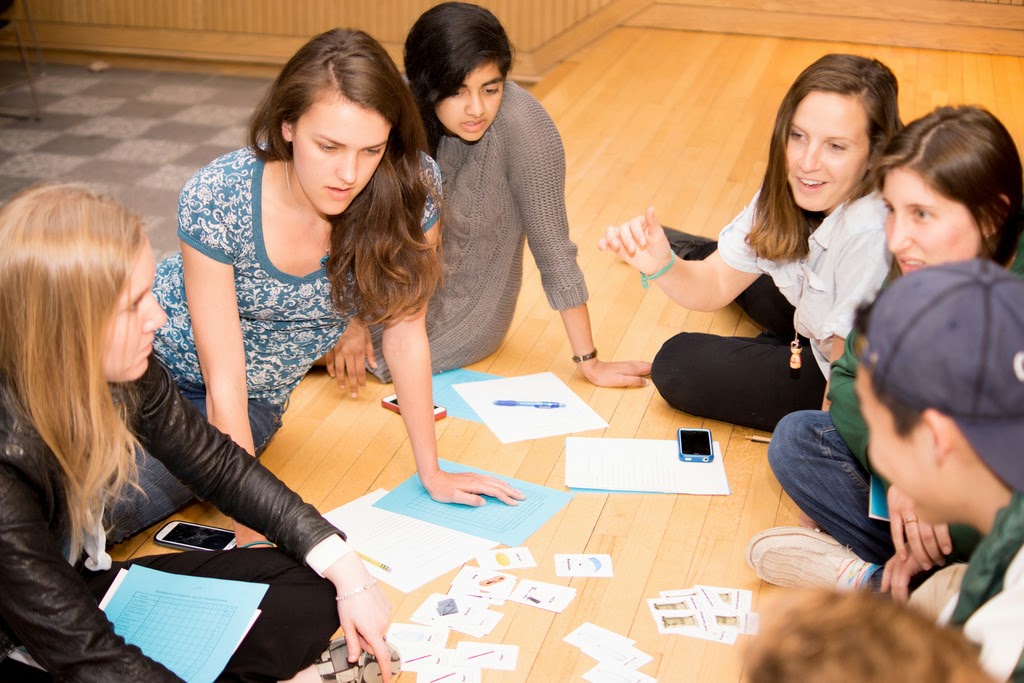- Public Policy
- Leadership
- Funding
- News & Events
- About the Center
Back to Top Nav
Back to Top Nav
Back to Top Nav
Back to Top Nav

Our final session of MLDP focused on problem solving, decision making, and negotiation. John Garvey, the director of the Daniel Webster Scholar Honors Program at the University of New Hampshire School of Law, spoke to us about what makes a good negotiator. Using the example of babies crying to show hunger, Garvey proved that we negotiate before we learn what negotiation is. Negotiation is also a practiced art that can be divided into six stages: preparation, preliminary, informational, distributive, closing, and cooperative. Garvey explained how having a best-alternative-to-a-negotiated-arrangement, or “BATANA,” is key to successful bargaining. In order to demonstrate how emotions cloud our perceptions of fairness, Garvey asked us to offer a certain portion of $10,000 we were “given” to the person on our right. Interestingly, a few people chose not to accept thousand-dollar offers even though their BATANA was $0 due to a perception of unfairness.
I put my negotiation knowledge into action and participated in a “NASA Survival Negotiation Scenario.” We had to decide which group would go to the light side of the moon and which group would stay at the crashed space ship on the dark side. Remarkably, it was easy to come to a consensus on who was leaving with what supplies. Everyone else had similarly painless experiences coming to agreements. I found it interesting that other sessions found it much more difficult to agree in this activity. Perhaps, as Garvey explained, we were less emotional as a group and therefore more willing to think practically.
Overall, this session gave us valuable information on how and why to negotiate, and it demonstrated both the influence of emotions and the limits of roleplay.
--Elizabeth Markowitz '16, MLDP Spring 2014 Participant